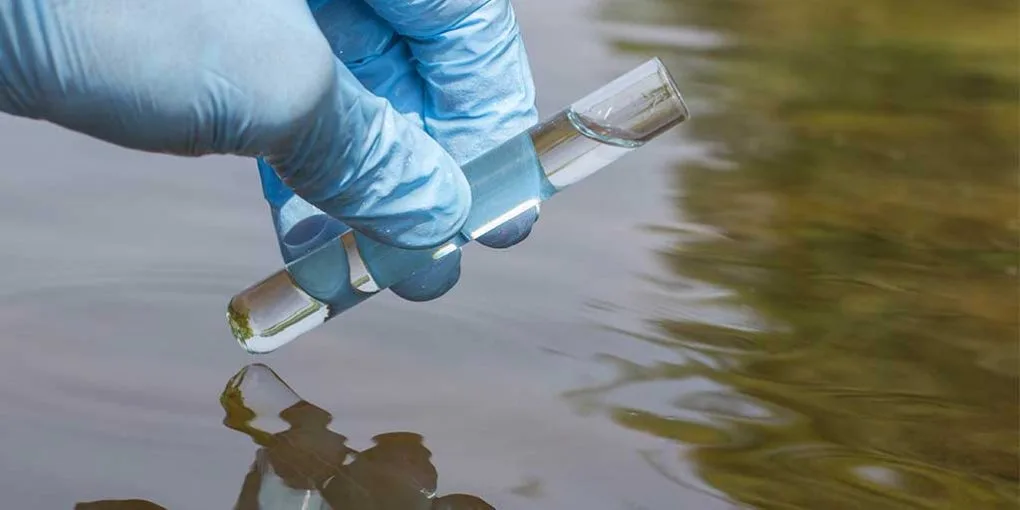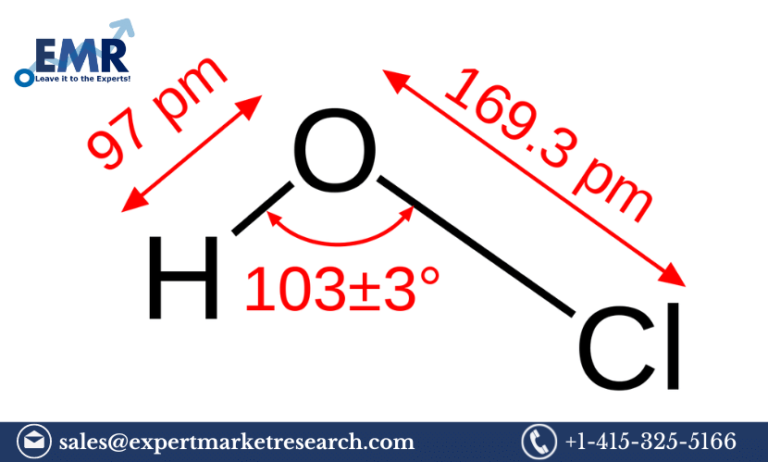Safeguarding Your Family: Jacksonville Water Testing Explained
Having safe, clean water is one of the most important things for any family. When it comes to the water coming out of your taps in Jacksonville, you want to be sure it’s free of contaminants and safe for drinking, cooking, bathing, and more. That’s where water testing comes in.
Getting your Jacksonville water tested should provide you with peace of mind and help safeguard the health of your family. Read on to learn all about Jacksonville water testing and why it’s so important.
Why Test Your Water?
There are a few key reasons you may want to utilize Jacksonville water testing:
Confirm the Safety of Your Water
The city works hard to provide safe, clean tap water to Jacksonville residents. However, problems can occur between the treatment plant and your home that introduce contaminants into your water lines. Testing is the only way to confirm your water is safe.
Check for Specific Contaminants
General safety tests may not look for specific contaminants like lead, pesticides, bacteria, nitrates, and more. You may want to test for particular contaminants if you have concerns about pipes, local industry, farming, or other potential risks in your area.
Establish a Baseline
Testing when you first move into a home establishes a baseline against which future tests can be compared. Dramatic changes may indicate developing issues like leaching pipes or contamination.
Confirm Treatment Systems are Working
If you have filtration systems, softeners, or other water treatments in your home, testing ensures they are performing as intended and not missing anything.
Give You Peace of Mind
Perhaps the best reason of all – testing offers peace of mind and confirmation your family’s water is safe from unseen hazards.
When to Test Your Water
Jacksonville water testing is recommended:
- When moving into a new home
- Annually as a maintenance check
- After work on plumbing systems
- If you notice changes in taste, smell, or appearance
- If contaminants are found in nearby wells
- After incidents possibly contaminating your lines
- When someone in your home is pregnant or nursing
- Anytime you have health concerns related to your water
Ideally, test your water both from the point it enters your home as well as at taps after going through your interior plumbing. This checks both the public water supply and your home’s pipes.
Jacksonville Water Testing Options
There are a few different options when it comes to testing your household water in Jacksonville:
Local Certified Lab Testing
The most thorough tests will be conducted by certified Jacksonville water testing laboratories in the Jacksonville area. They can test for all relevant contaminants and provide fully validated results. Most municipalities recommend using a certified lab.
Mail-In Lab Kits
Some online companies sell do-it-yourself test kits you mail back to their labs. These can test for common contaminants but may not be as comprehensive as lab testing. Check provided lab certifications before using a mail-in kit.
At-Home Test Strips
Basic test strips are available at hardware stores to check for simple factors like chlorine, pH, hardness, and certain contaminants. They provide limited information but are fast and inexpensive. Use in conjunction with professional testing.
City of Jacksonville Tests
You can also contact the city water company to inquire about free or low-cost Jacksonville water testing they provide. This typically won’t be as comprehensive as third-party lab testing but can give you a general idea of safety.
When selecting a testing provider, look for DEC, NELAC, EPA, or other accreditation to ensure quality results. Most labs also offer different tiers of testing based on your specific needs and budget.
Common Jacksonville Water Contaminants
There’s a wide range of potential contaminants that Jacksonville water testing checks for. Here are some of the most common:
Bacteria
Water systems disinfect against bacteria, but issues like backflow, pipe corrosion, or treatment failures can allow dangerous bacteria like E.coli or coliform bacteria to contaminate water.
Nitrates/Nitrites
Runoff from fertilizers can contaminate groundwater supplies with unhealthy levels of nitrates and nitrites that can be dangerous for infants and pregnant women.
Lead
Lead rarely comes from the municipal water supply. More often, it leaches from lead pipes, solder, or fixtures in older homes into the water.
Arsenic
Arsenic occurs naturally in some groundwater, soils, and bedrock that may contaminate water sources. Long-term exposure poses health risks.
Pesticides/Herbicides
Runoff from agriculture, golf courses, and residential lawns can introduce pesticides, herbicides, and fertilizers into the water supply.
Chlorine
Water authorities add chlorine to destroy bacteria, but levels can be high coming out of the treatment plant. They decrease with distance to meet EPA limits.
Radon
Radon is a radioactive gas that can dissolve into groundwater and be released into the air during water use, which poses health hazards through inhalation.
Fluoride
Naturally occurring or added to supply fluoride, excessive accumulation can negatively impact health, especially in children.
Corrosion
Corrosive water can leach unsafe levels of lead, copper, and other metals out of pipes and plumbing components.
This covers some of the major concerns, but there are many other organic and inorganic compounds tested for by water labs for safety.
Reading Your Jacksonville Water Test Results
Once you get your Jacksonville water testing results back, you’ll be able to check them against the EPA’s water quality standards for safety. Here’s an overview:
- Contaminants – Listed by name along the left side. Check results against the EPA’s Maximum Contaminant Levels (MCL) for safety thresholds.
- Your Results – Listed in the middle columns, it will show the measurement and level found in your tested water sample. Compare to the far right column.
- EPA Standard – The right column provides the EPA’s limit for safe consumption of that contaminant. Anything below this level is considered safe.
- Pass/Fail – Lab reports will often summarize each row as a pass or fail as compared to EPA limits. Green/Pass is safe, Red/Fail indicates unsafe levels needing action.
- Notes – Additional lab notes may explain results further or provide health guidance if a contaminant is elevated.
Work with your chosen water lab to understand your results and any needed next steps based on what is found in your Jacksonville water testing sample.
What To Do If Jacksonville Water Is Unsafe
If your Jacksonville water testing finds contaminants exceeding the EPA’s limits, don’t panic. There are steps you can take:
- Retest – Have the water retested to confirm initial results before taking major action.
- Check other taps – Retest from both hot and cold taps from showers, outdoor hose bibs, etc to determine how widespread issues may be.
- Contact the city – Notify your municipal water authority of the findings and see if they have any insight into known issues or can retest from their end.
- Consider an NSF/ANSI filter – Filters certified to this standard can remove many contaminants of concern to make water safe again.
- Use bottled water – For drinking and cooking in the short term, rely on bottled water tested as purified spring water. Continue bathing /showering unless bacterial risks are present that could result in skin absorption.
- Flush pipes – Stagnant water could carry higher risks, so let taps flush thoroughly for a few minutes before using water and avoid water if plumbing work was recently completed.
- Check your plumbing – Inspect for potential hazards like lead pipes or components that may be leaching into your interior lines and causing contamination issues.
- Consult professionals – Plumbers, environmental consultants, or water treatment specialists can help identify and resolve possible contamination sources.
With the right response, short term unsafe water can usually be managed until the underlying issue is corrected. Ongoing problems may require more robust solutions like whole-house filters to reliably remove risks.
Protecting Your Family with Jacksonville Water Testing
Safe water is a key foundation for a healthy family. Jacksonville water testing lets you both confirm your tap water is clean as well as identify any issues needing remediation. Testing provides peace of mind that the water your family drinks, cooks with, bathes in and more is free from contaminants.
Consult accredited labs, follow EPA guidelines, and properly understand your results. If any unsafe levels are found, take the right steps to protect your family until permanent solutions can be implemented. With quality testing and quick response to any issues found, you can ensure the water flowing through your Jacksonville home keeps your family safe and healthy for years to come.







